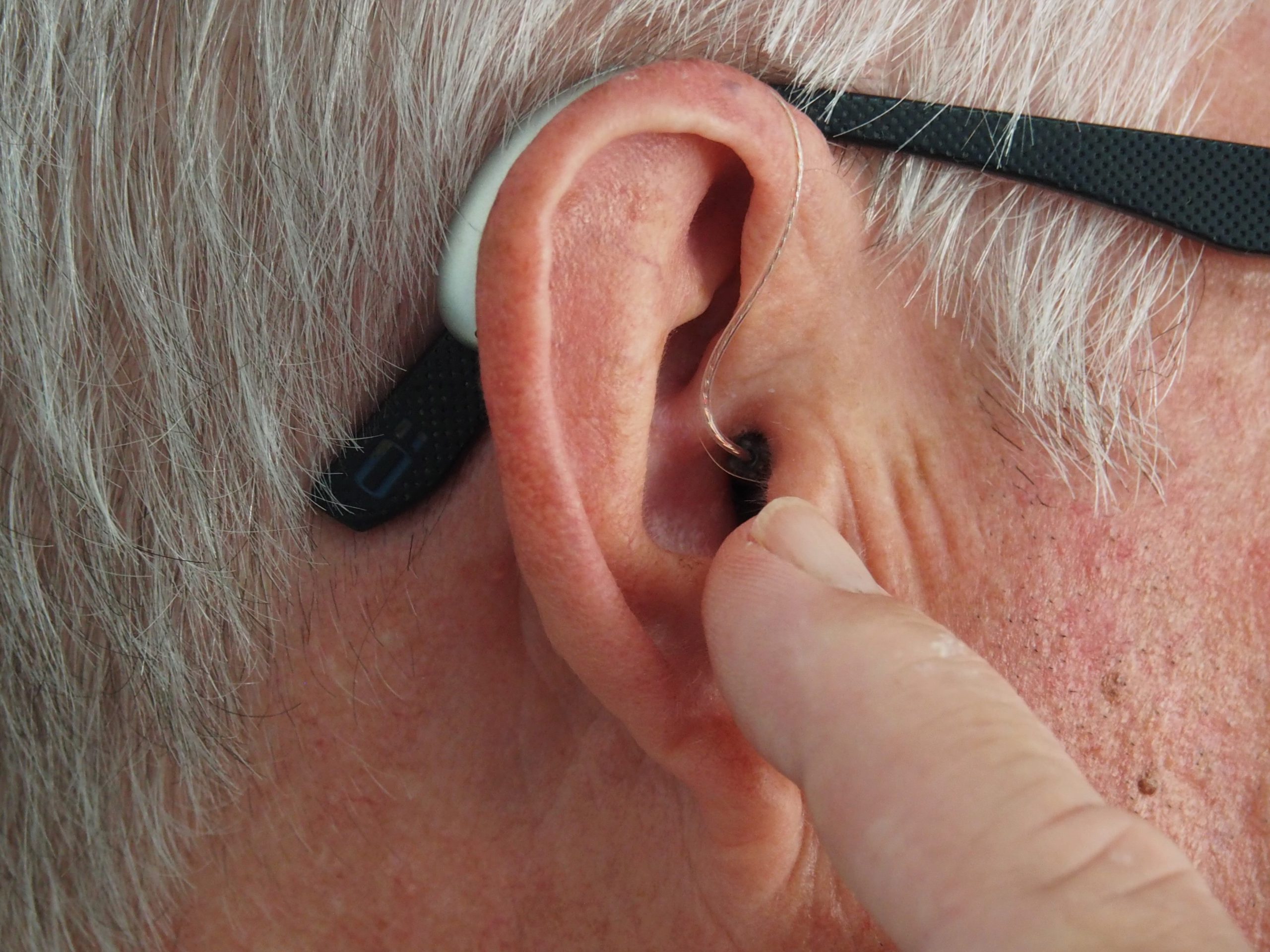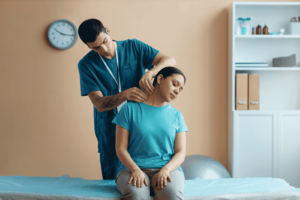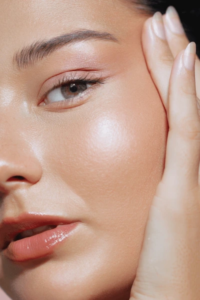Large cities, especially those with developed industries and public transportation, are sources of constant noise pollution. Wherever you are, in the office, at the gym, in a restaurant, or in your home, increased noise harms your body. The only difference is how much it affects you. If you live near a park, the impact will be less compared to someone living near a subway station.
Hearing loss and noise are related. Prolonged noise exposure destroys the hair cells in the inner ear, contributing to the development of sensorineural hearing loss. So living near an active highway affects you more than you think!
Today, more and more people are moving to metropolitan areas for a better life. Not surprisingly, the number of people with hearing problems is also increasing. Among hard-of-hearing, there are young people, even teenagers, and children. Thus, the diagnosis of hearing loss has long ceased to be a symbol of old age.
Рearing loss is a widespread problem. It changes a person’s life before and after. It is not just the inability to hear what was said. Failure to treat hearing problems has dangerous consequences. Here are some of them:
- Decreased cognitive abilities
- Frequent dizziness and falls
- The development of psychological disorders, such as depression, etc.
Is there a cure for hearing loss? No, damaged hearing cannot be restored. But you can hear and understand the world and voices well with the help of special medical devices. For mild to moderate hearing loss, these are hearing aids Staten Island! These compact and stylish devices will give you back a happy life full of sound. The main condition for successful recovery is to make an appointment with an audiologist in time!
What could be the upside of having a poor hearing? It might seem that it is an advantage if you can’t hear well in a big city with noise pollution. But it’s not!
Indeed, long awake and inability to fall asleep due to noise pollution is detrimental to health. But as WHO experts say, the greatest danger to humans from excessive noise is not the abrupt, short-term noise that causes awakening. Prolonged, measured noise that we don’t even feel during sleep is far more dangerous. And hearing loss only makes things worse!
How does noise pollution affect our quality of sleep?
Chronic sleep disturbance (trouble falling asleep, waking up early, anxious/unstable sleep) is a risk factor in the development of various diseases, for example:
- Obesity
- Diabetes mellitus
- High blood pressure
- Insomnia
- Depression, etc.
People disturbed by nighttime traffic are more likely to suffer from cardiovascular disease and become dependent on sleeping pills. During sleep, we go through four stages, namely N1, N2, N3, and REM.
Noise triggers the release of the stress hormones cortisol and adrenaline. They cause an increase in blood pressure and heart rate, which happens without us waking up. Thus, outwardly we are resting, but internally our body is under stress. Our ancestors (who rarely lived to be 30 years old) needed being susceptible to danger during sleep. But today, when we are not sleeping in caves surrounded by predators, such nocturnal sensitivity seems to be a vestige of the past.
Noise does not have to be loud to have a negative effect. In one study, the sound of medical equipment operating at 40 dB caused significant changes in the electroencephalogram in sleeping, healthy volunteers!
Thus, prolonged noise exposure (even when we do not feel it) negatively affects our health!
Does hearing loss improve sleep?
Some people assume that impaired hearing improves the ability to sleep and recover during sleep. Is it true? Studies show that it doesn’t. On the contrary, hearing loss can cause insomnia and other sleep disorders! There are also other disorders associated with hearing loss that negatively affect sleep. Let’s take a look at them.
Tinnitus
Tinnitus affects about 10-15% of people with hearing loss. It greatly interferes with daily life. The problem is exacerbated by the fact that tinnitus seriously interferes with sleep. Even if you live in a quiet place, the whistling and ringing won’t let you easily fall asleep or gain strength. Fortunately, today there are hearing aids with a white noise feature. They help patients with tinnitus relieve painful symptoms.
Sleep apnea
If you do not feel rested when you wake up, it makes sense to be examined for the presence of sleep apnea. Such pathological condition is characterized by short stops of breathing during sleep. On average, such stops last from 10 to 30 seconds. Each such stop is physiologically equivalent to waking up, although you are not actually waking up.
Scientists recently discovered a direct link between sleep apnea and hearing loss. The more frequent the sleep apnea episodes, the higher the risk of developing hearing loss.
What to do with it?
Can a person with hearing loss get enough sleep living in a noisy place? Yes! Of course, the best option is to move to a quiet suburb. But such an option is not available to everyone. Then another effective option remains. We are talking about the use of a sound machine to create white noise.
Such sound has a calming property and helps with insomnia. Examples of “white noise” are the sound of a working fan, refrigerator, and air conditioner. There is also a variant of “pink noise”. It can be the rustling of leaves, the rumble of the wind, the sound of falling raindrops, or the heartbeat. According to studies, pink noise is great for sleep depth and helps the body gain strength during sleep! Pink noise is a solution for everyone, even those without hearing problems.





Be First to Comment